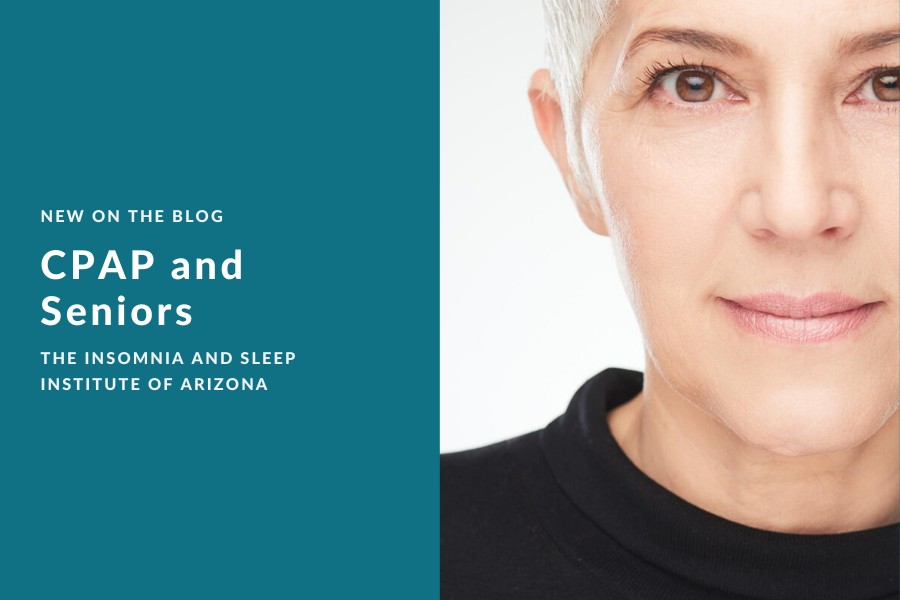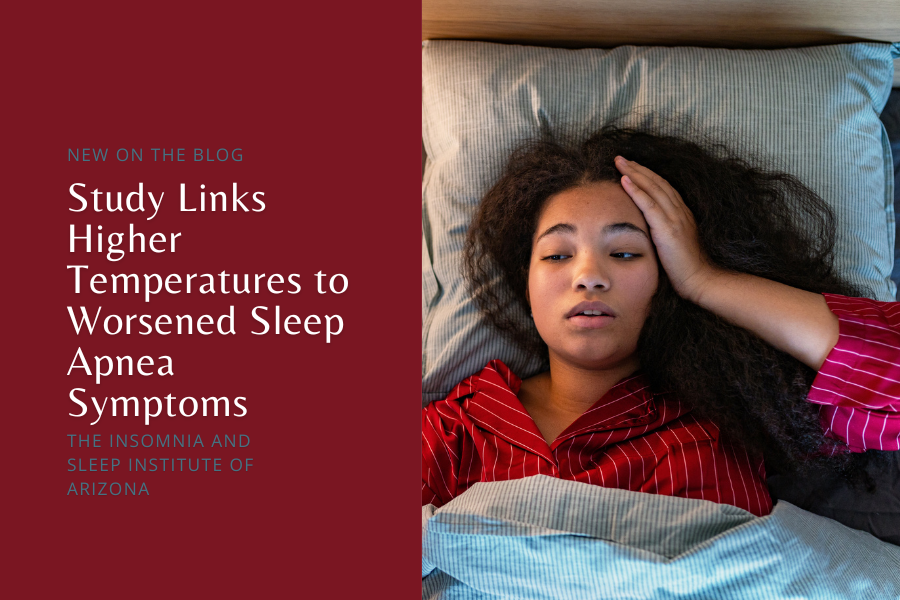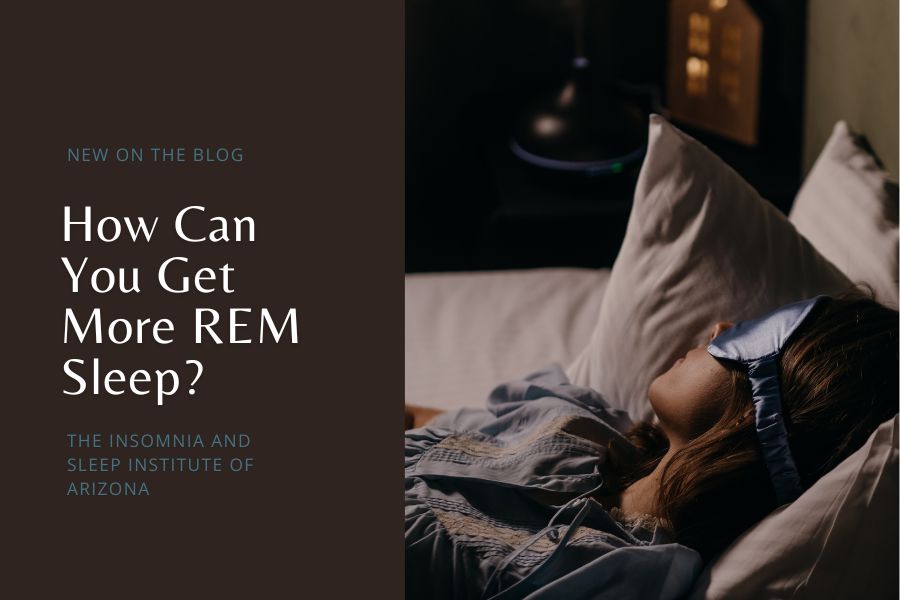CPAP is the first-line and primary treatment option for Obstructive Sleep Apnea (OSA), a sleep disorder that affects millions around the globe. OSA is one of the main complaints of patients at The Insomnia and Sleep Institute of Arizona, which is also one of the few clinics that offers alternative therapies like the Inspire implant (in the unlikely circumstance that CPAP fails). CPAP therapy can and should be customized for each person, and today there are various options for different machines, technologies, and accessories. Everyone is different, which means every CPAP approach should also be unique. There are different considerations to take into account when strategizing for CPAP therapy, including age.
According to a recent study by Michigan Medicine researchers, over half of Medicare patients are at “high risk” of OSA. The study features a sample of 1,052 people aged 65+ around the country and found that 56 percent are high risk while 94 percent were diagnosed with OSA—after testing. One of the issues with OSA is lack of testing, often due to a patient not realizing they have OSA or lacking a referral from their GP (which is why The Insomnia and Sleep Institute does not require a referral). The researchers say, “We know that OSA is quite common, yet often underdiagnosed, in adults in the US, but most of the data available are from younger or middle-aged patients.”
CPAP in Your Golden Years
During the study, 82 percent of seniors were prescribed CPAP. However, just like outside of studies, researchers quickly found that even with a prescription and the CPAP materials, many struggled to adhere to best practices (which is 4+ hours of usage per night). There is a myriad of reasons as to why people might not comply with the requisite CPAP standards, and seniors face unique issues. This is especially true if there are other health issues happening, such as vision loss. Using CPAP therapy will take some getting used to for everyone. Researchers stress, “It’s a huge behavior change and that shift is one of the hardest parts of using CPAP.”
When we get older, more health problems occur as well as cognitive issues. Combined, this can lead to a lack of proper CPAP usage. Not only does CPAP not work if standards are not complied with, but insurance will also not cover CPAP therapy without adherence (CPAP tracking lets insurance providers know details of use).
Some of the most common problems with adhering to CPAP for seniors includes mobility problems related to arthritis. There can be more pain when handling a CPAP mask when you have arthritis. Skin irritation from the mask is also an issue thanks to senior skin being thinner and more sensitive. There are also more nighttime interruptions in our golden years, such as going to the bathroom more often. When someone is groggy, it can be more challenging to get the machine back on and the mask properly fitted. Finally, physical and cognitive issues can make working the machines more challenging, particularly for those with Alzheimer’s and Parkinson’s disease.
Complying with CPAP
Sadly, sometimes the issues with CPAP and seniors goes unresolved. Many medical providers (GP) that see seniors have little training in sleep disorders and therapies. They are not aware of the key learning preferences that would help make CPAP easier to use. “It’s not necessarily that CPAP is an issue,” says the authors. “It’s just that you’ve got a huge behavior modification that makes your sleep different and if your sleep is already fragile, that’s a problem.”
We work with our patients to ensure the best possible CPAP adherence and comfort. Getting matched with the right machine and mask is the first step. Typically, masks that are made with silicone rubber are better for sensitive skin. Avoid those with a hard frame or chin cup. Of course, practice also makes perfect. Wearing the mask during waking hours can help seniors adjust. The authors recommend 20 – 30-minute stretches to build up tolerance.
If you suspect (or know) you have OSA, working with sleep professionals who can help you make the adjustment to CPAP is critical. Schedule your consultation today. Contact The Insomnia and Sleep Institute today by calling the office, or complete the online contact form right now.
Dr. Ruchir P. Patel Shares His Own Personal CPAP Journey
In this short teaser from the Dr. Ruchir P. Patel: The Real Sleep Doc podcast, Dr. Patel opens up about his own experience with CPAP therapy. Listen to the rest of the episode here.
Stay tuned for more insights in upcoming episodes!








